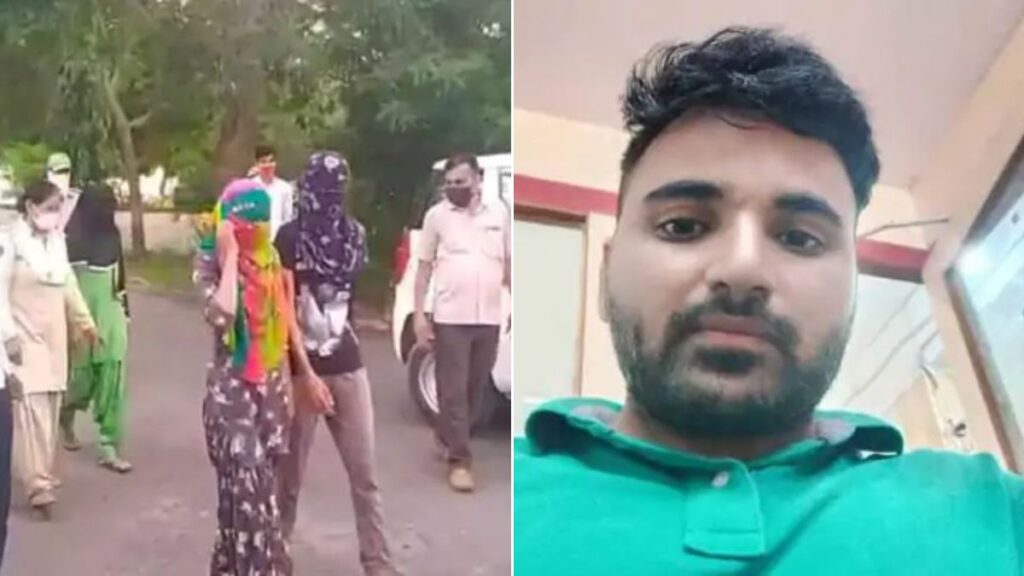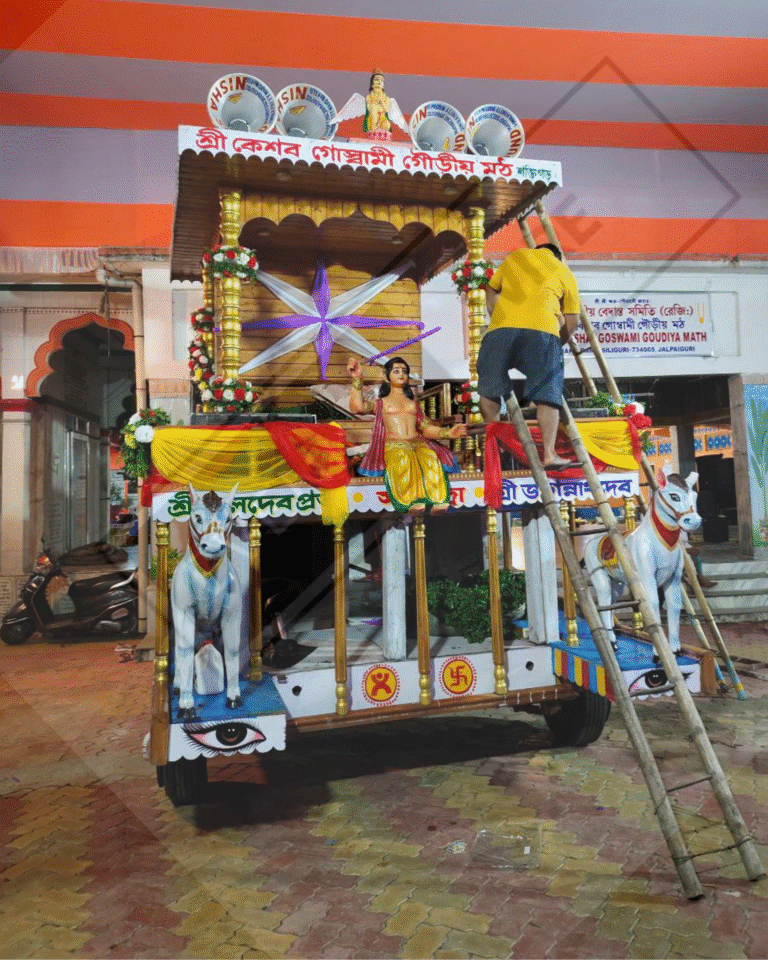
Introduction (H2)
In August 2020, a gruesome murder case from Jodhpur, Rajasthan, shocked the nation when the dismembered body of a government officer was discovered near a sewage treatment plant. The murder was not only brutal but also deeply complex, involving a child marriage, a lesbian relationship, and a chilling plot led by the victim’s wife. This case ignited widespread debate around forced marriages, LGBTQ+ rights, and mental health issues in India.
What Happened in Jodhpur? (H2)
The victim, Charan Singh (also known as Sushil), was an Assistant Agriculture Officer in Jodhpur. He had been married to a woman named Seema since 2013, in what was reportedly a child marriage. Despite years of marriage, Seema had refused to live with him. Investigations revealed that Seema was in a same-sex relationship and had no intention of being with her husband. Tensions between the couple escalated when Charan insisted that Seema move in with him
The Motive Behind the Murder (H2)
Seema allegedly felt pressured by Charan’s repeated demands to live as husband and wife. She revealed during interrogation that she identified as lesbian, and had been in a relationship with another woman. Unable to continue resisting and fearing exposure, Seema decided to eliminate her husband. She conspired with her two sisters—Babita and Priyanka—and a male friend, Bhiaram Jat, to carry out the murder.
Execution of the Murder (H2)
On the night of the crime, Seema reportedly poisoned and sedated Charan. Once unconscious, the conspirators shifted his body to a rented house in Jodhpur. There, they used an electric grinder to dismember the body into several parts. The remains were then packed in plastic bags and dumped near the Nanddi sewage treatment plant and other locations around the city. When body parts were discovered on August 11, 2020, police launched a major investigation.
Police Investigation and Arrests (H2)
The Jodhpur Police, led by local crime branch officers, traced CCTV footage, rental records, and forensic evidence. Suspicion quickly fell on Seema and her sisters. After interrogation, all four accused—Seema, Babita, Priyanka, and Bhiaram—confessed to their roles in the murder. The electric cutter, plastic bags, and other tools were recovered. Police also found that Bhiaram’s vehicle had been used to transport the body
Legal Action and Court Proceedings (H2)
All four accused were produced in court and remanded to police custody for five days for further investigation. Charges included murder, criminal conspiracy, and destruction of evidence. The case drew national media attention due to the involvement of a same-sex relationship, a child marriage, and the horrific method used to dispose of the body
Public Reaction and Social Debate (H2)
The Jodhpur lesbian murder case sparked widespread public outrage and concern. While many condemned the brutality of the crime, others pointed to deeper societal issues, such as the practice of child marriage, lack of acceptance for LGBTQ+ individuals, and absence of mental health support for people in abusive or conflicted relationships. The case highlighted the urgent need for gender-sensitive legal reforms, family counselling, and better awareness around sexual orientation and marital consent
The August 2020 Jodhpur lesbian wife murder case is a dark reminder of how unresolved personal conflict, forced marriages, and societal taboos can lead to tragic outcomes. While justice is in progress, the incident leaves behind lessons about the importance of individual freedom, acceptance of sexual identity, and the need to end child marriages and domestic coercion. It also shows how law enforcement and society must work together to ensure such horrors are not repeated.


